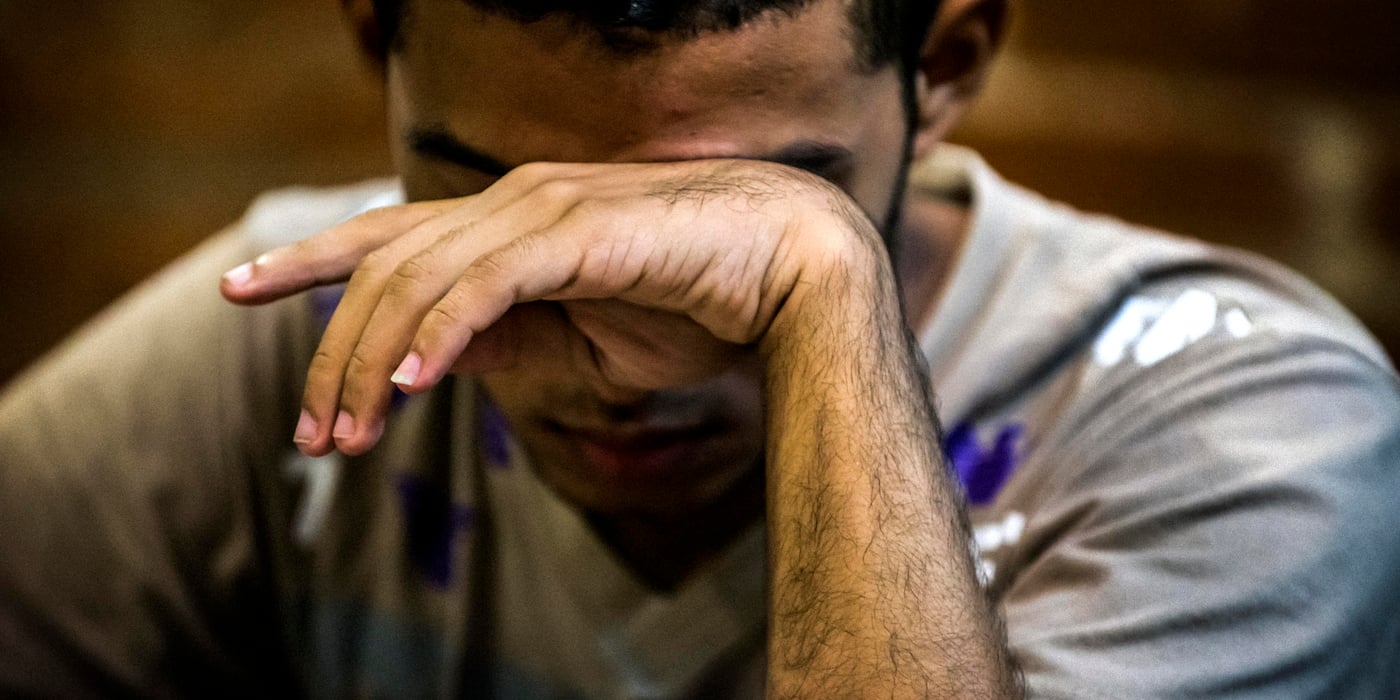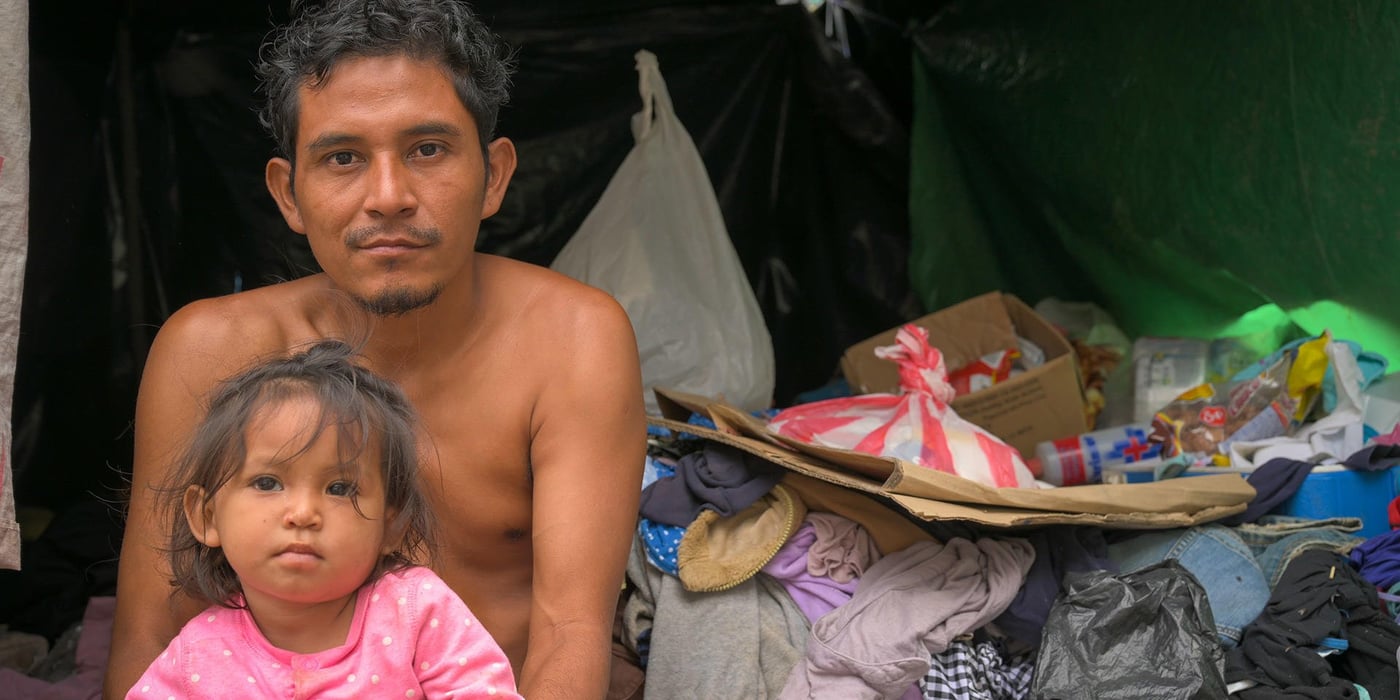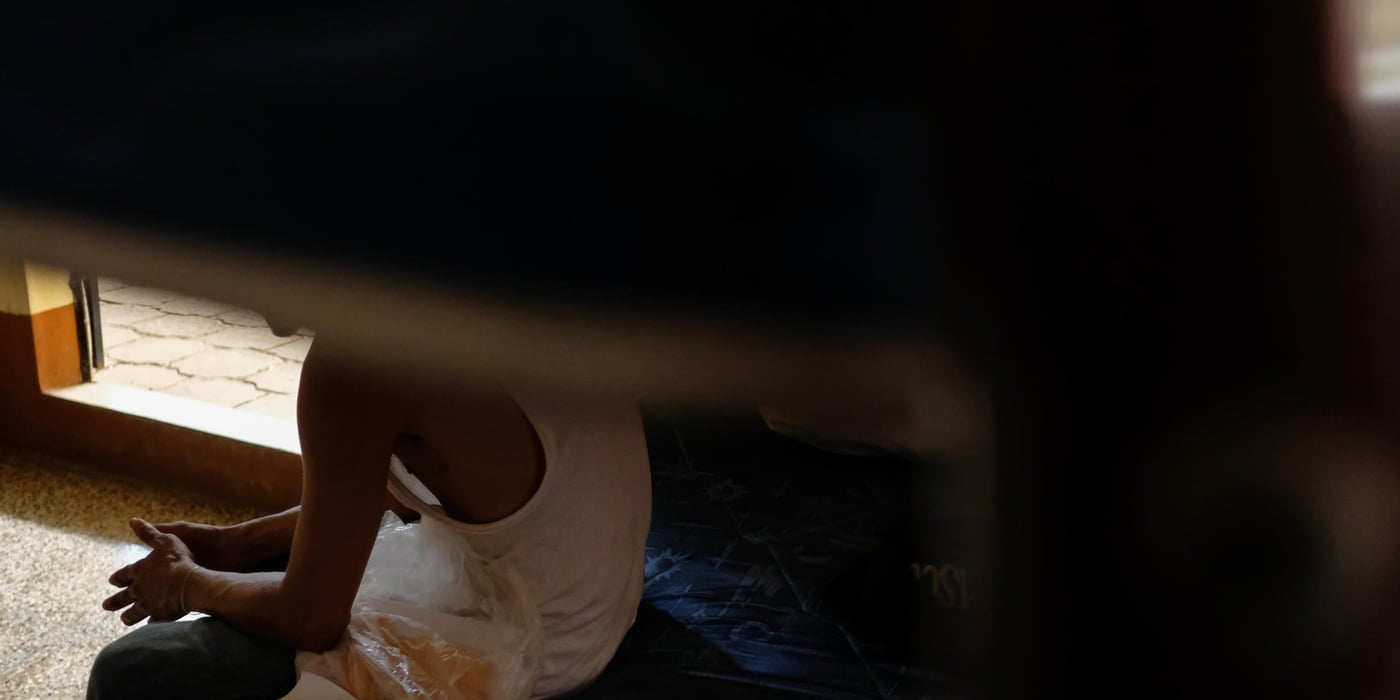
Every year, thousands of people are forced to flee their homes across the Northern Triangle of Central America: Honduras, El Salvador and Guatemala. Now, states have an opportunity to address the causes and consequences of forced displacement – and they must take it.
Violence taking over
Criminal gang violence is increasingly taking over the daily lives of people in this region, subjecting them to the likes of extortion, kidnapping, torture, sexual violence and homicide. But people do not trust government institutions and authorities to report the crimes.
“I spoke with a friend of mine, a policeman, and he told me not to report the issue because the gang members would kill me if I did,” says Orlando*, a displaced person that the Norwegian Refugee Council (NRC) recently spoke to.
Elsy*, a mother displaced in northern Honduras, told us of a similar experience: “When they kidnapped my daughter, I asked the military for help, but they are also involved with the criminals.”
Consequently, people have no other choice but to flee their homes. As a first step, this displacement is often within their home countries. But without support from the government, or a guarantee of safety, this is often the starting point for a series of journeys with no end and no return in sight.
Fleeing for safety
NRC recently spoke to people who were forced to flee their homes in Honduras and El Salvador. Our interviews showed that displaced people fleeing the Northern Triangle of Central America do not have a preference about where they want to finish their journey. They flee in search of protection and safety, as well as self-sufficiency, including the right to work. Some said that they would be willing to move all the way to Asia to find safety, despite the difficulties they would face because of cultural barriers, learning a new language and being far from their families.
Last year NRC’s report To Hide or to Flee: Education and the Humanitarian Situation in Honduras showed that although the government in Honduras recognises the current situation, it has not managed to prevent displacement or respond systematically to the immediate needs of individuals and families forced to flee their homes.
“Governments in the region must recognise that protecting displaced people is an obligation,” says NRC’s regional director, Christian Visnes.
In September 2018, states will adopt the Global Compact on Refugees. The framework works toward coordinated and predictable responses to refugee crises, improving responsibility sharing for refugees between states and ensuring international solidarity. Honduras is one of the case-study countries for the roll out of Comprehensive Refugee Response Framework (CRRF), an integral part of the Compact. The experiences from these case-study countries will be the basis for negotiations between states and the UN Refugee Agency (UNHCR) as they develop the text of the Global Compact on Refugees.
The time to act is now
States have a lot of work to do to properly respond to this mass displacement in the Northern Triangle of Central America. They must recognise that displaced people have particular needs – like quick access to documentation so that they can travel, access school in a new region or leave the country.
“This is primarily a humanitarian and protection crisis, even if there is no armed conflict in the traditional sense. Armed gangs are causing great fear, which creates a situation of displacement with no end and no return in sight. Displaced people are in desperate need of assistance and protection,” says Visnes.
Beyond temporary remedies, displaced people also need to be able reach safety, in regions or countries where they can rebuild their lives. More states need to step up and provide resettlement spots, visas, migration opportunities and scholarships.
Governments have made enough promises to respond to displacement in the Northern Triangle of Central America. What displaced people now need are solutions so that they can live peaceful and dignified lives. Now is the time to act.
Read here in English and here in Spanish the full report Less Promises, More Solutions for detailed accounts and recommendations from displaced people and the civil society organisations.
*Names have been changed for anonymity




